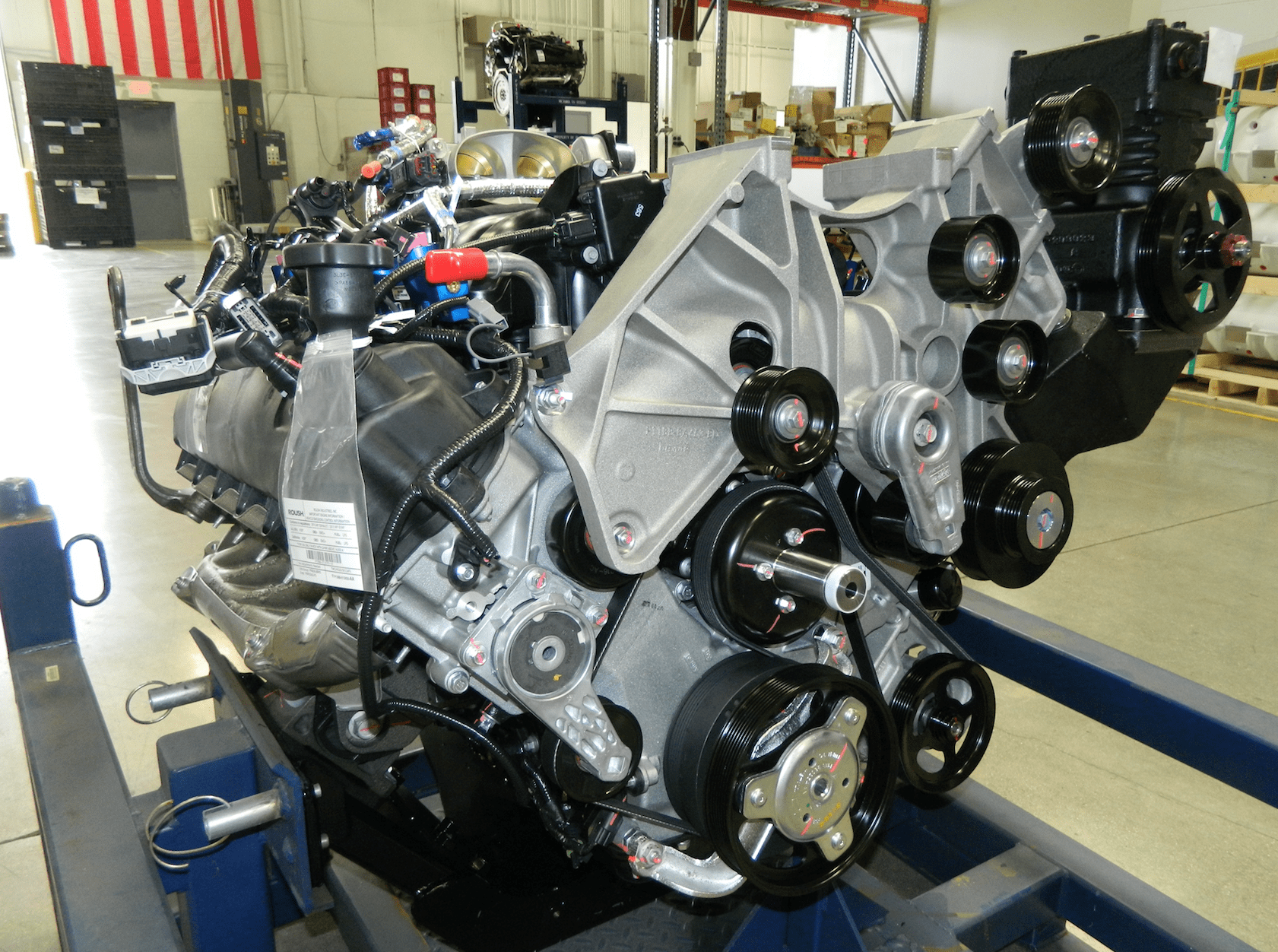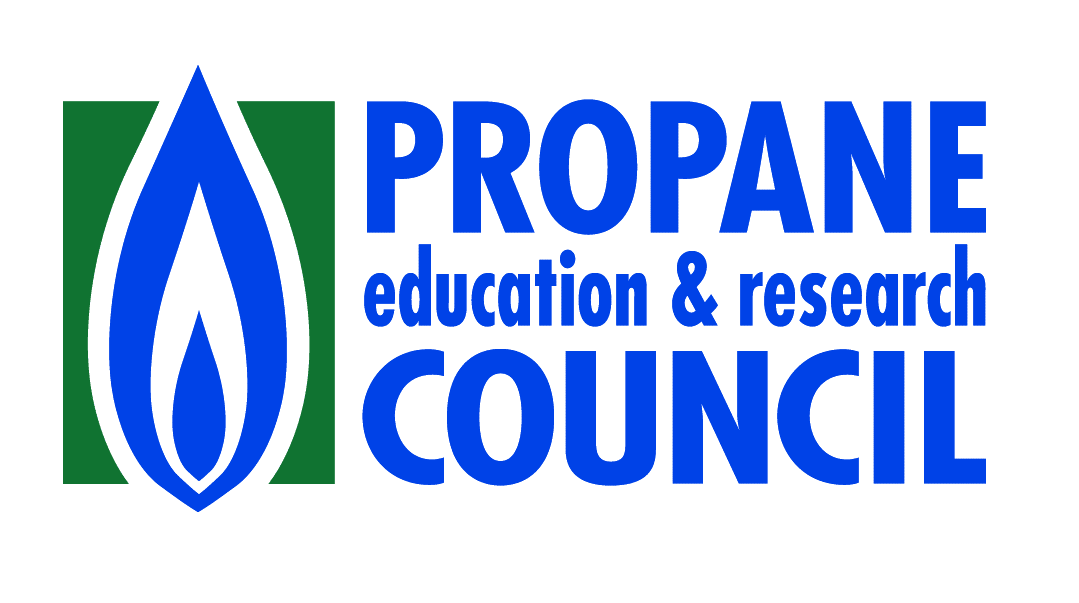Forget merely meeting emissions standards. The propane autogas industry is raising the bar for what it means to be a clean fuel for commercial fleets.
It’s no secret that more fleets have been finding value in propane autogas vehicles. Regardless of whether that fleet needs a medium-duty delivery van or a Type C school bus, propane autogas has long delivered reduced greenhouse gas, nitrogen oxides (NOx), and sulfur oxides (SOx) emissions at an affordable cost — something other fuels can’t always promise.
Propane autogas has long delivered reduced greenhouse gas, NOx, and SOx emissions at an affordable cost.
In 2017 alone, more than 13,000 new propane autogas vehicles were added to roadways. Fueled by clean propane autogas, these vehicles will significantly reduce the amount of emissions and particulate matter produced over their entire lifecycle.
While the sales figures show that the affordability and low emissions of propane autogas is already resonating with thousands of fleet owners across the United States, our industry’s engine technology partners are never satisfied. They continue to dramatically improve the emissions profile of their engines to offer engine systems with emissions levels previously not thought possible.
Low NOx Engines 90 Percent Cleaner
A little more than a year ago, our partners at Roush CleanTech introduced a “low NOx” propane engine that was 75 percent cleaner than Environmental Protection Agency standards.
Then they went even lower.
The 0.02 grams per brake horsepower-hour engines, referred to as “ultra-low” propane engines, are 90 percent cleaner than any standard mandated by the EPA.
This past summer, Roush CleanTech announced it had developed a propane autogas engine certified to the optional low-nitrogen oxide emissions standard as defined by the California Air Resources Board (CARB). Greenkraft also has a propane autogas engine certified to the optional standard, too. These 0.02 grams per brake horsepower-hour engines, referred to as its “ultra-low” propane engines, are 90 percent cleaner than any standard mandated by the Environmental Protection Agency.
Renewable Propane Solution
The innovation didn’t stop there, however, as Roush CleanTech announced in early November that the new “ultra-low” engine can operate using renewable propane. It’s another first of its kind that puts the engine’s emissions level to “near-zero” as defined by the California Air Resources Board (CARB).
While we are proud to see our industry partners engineer incredible technology like this, the real winners are the fleet owners and transportation directors. They are the ones who care about positioning their fleets as the standard-bearer in the community when it comes to sustainability, but who also need an alternative fuel solution that is financially feasible.
Roush CleanTech announced in early November that the new “ultra-low” engine can operate using renewable propane.
Propane Autogas Watershed Moment
As more research and attention is given to what’s possible for renewable energy across the United States and around the world, propane autogas will be at the forefront of the conversation among solar, wind, and biofuels.
With more innovation already in the pipeline, I can confidently say while this is a watershed moment for our industry, this is just the beginning for propane engine technology and propane autogas as a solution at near-zero emissions levels.



